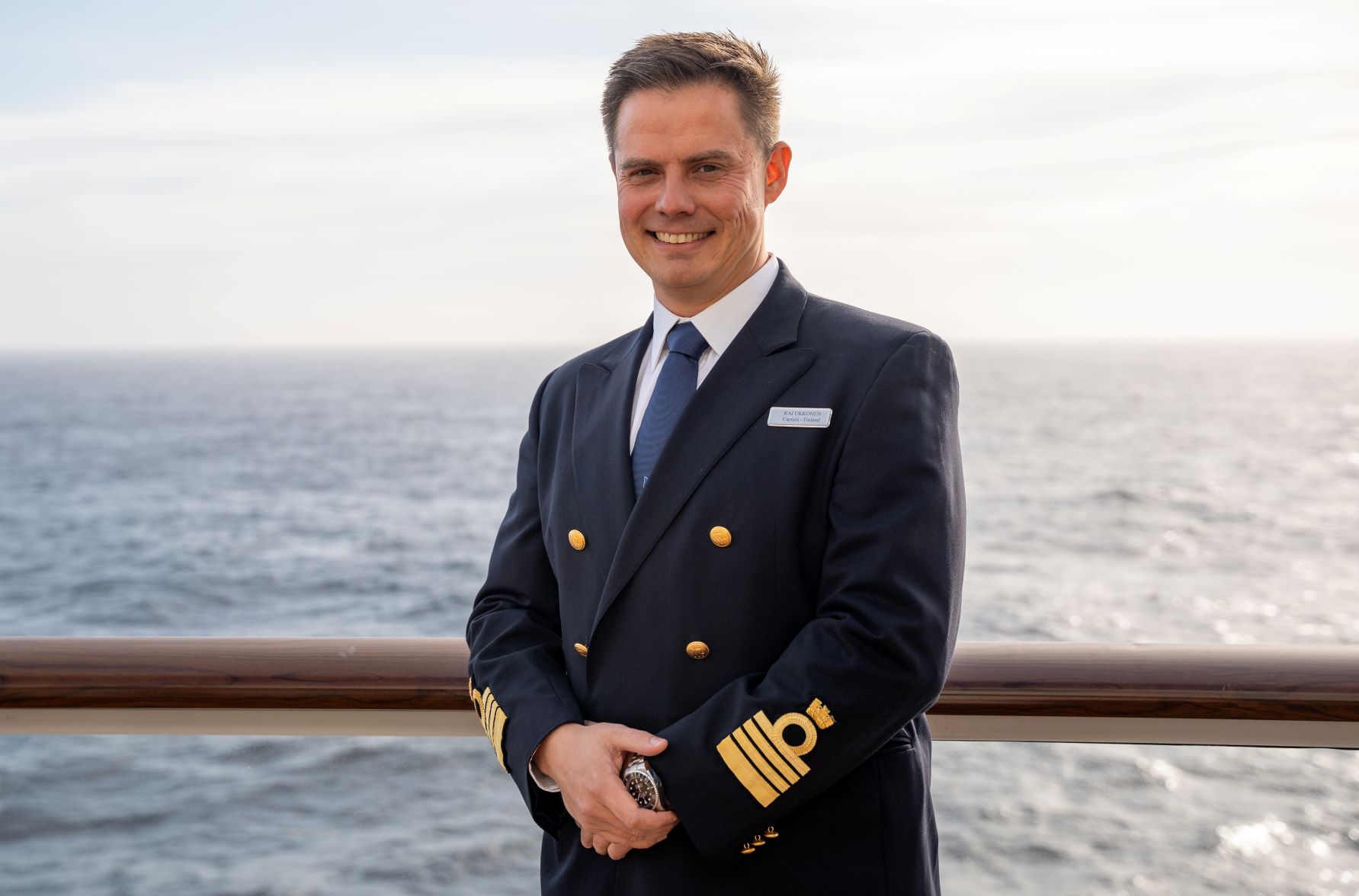The Master’s degree programme in Maritime Management comprises 60 ECTS and the degree title is Master of Engineering or Master of Maritime Management, depending on your previous Bachelor’s degree. These master’s degrees correspond to the level EQF 7 in the European Qualifications Framework for Higher Education.
Maritime Management is a Master’s degree programme for sea captains and marine engineers who want to deepen their managerial expertise in international marine shipping. Students will be able to use the knowledge obtained for development, problem solving and innovation within maritime management.
Study structure of Master’s Degree Programme in Maritime Management (60 ECTS) consists of common advanced professional studies for both degrees (10 ECTS), degree specific advanced professional studies (15 ECTS), common elective studies (5 ECTS), and a Master’s thesis (30 ECTS).
Common advanced professional studies for both degrees (10 ECTS)
- Organization of Shipping and Shipping Business 5 ECTS
- Financing Shipping and Maritime Economics 5 ECTS
Degree Specific Advanced Professional Studies (15 ECTS)
Advanced Professional Studies in Maritime Management 15 ECTS
- Agreed Documents and International Maritime Treaty Obligations 5 ECTS
- Risk Management in Shipping – Marine Insurance law and contracts 5 ECTS
- Ship Broking and Law relating to Charterparties 5 ECTS
Advanced Professional Studies in Marine Engineering 15 ECTS
- Technical Management and Procurement Management 5 ECTS
- Environmental Law in Shipping and Sustainable Development Legislation 5 ECTS
- Classification and Accident Investigation 5 ECTS
Common elective Studies (5 ECTS)
- Arctic Shipping Management 5 ECTS
- Autonomous shipping and MASS Code compliance 5 ECTS
- Cruise Shipping Management 5 ECTS
- Renewable Energy Installation Management 5 ECTS
- Ship Sales-, New Vessel Construction and Conversions Management 5 ECTS
- Yachting Management 5 ECTS
Master’s thesis (30 ECTS)
The thesis work is usually realized as a research and development project related to working life. Constructing a thesis subject and the potential collaboration with an organization is at the responsibility of the student.
The elective study courses will respond to the in-depth education needs expressed by sea captains and marine engineers of working life and maritime commercial and industrial societies. Elective studies will be carried out in close connection with the professional maritime society during the second study year. In the beginning of the studies each student selects two elective courses out of the six, and places them in order of preference. Minimum two courses with highest number of selections will be implemented immediately after the degree specific advanced professional studies
Our working methods within the program ensure that you practice your project management and leadership skills and improve your professional communication skills in English.


